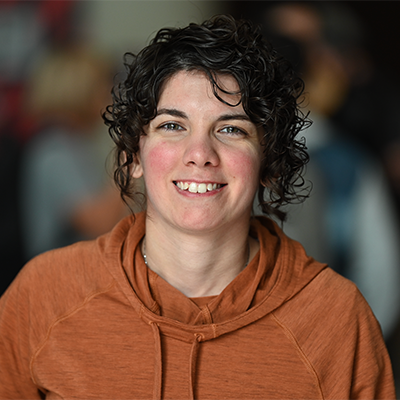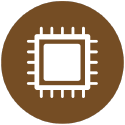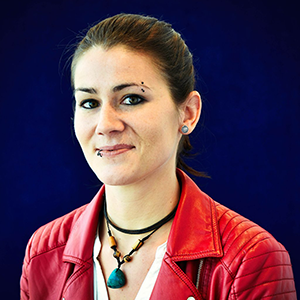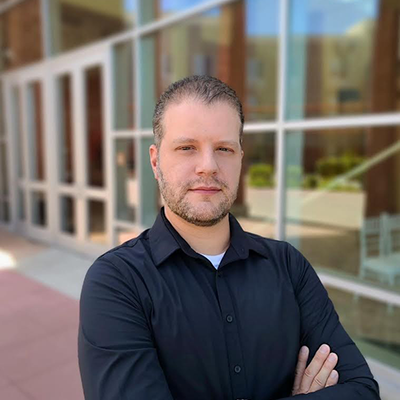For every successful attack that hits the news, there's a defender out there, lurking in the dark, having just stopped another fifty. As cyber permeates everything in our daily lives, the stakes have never been higher, especially in the new world of a remote workforce sharing systems with their young distance learners, across perimeter-less and zero trust networks. How can we tip the balance to favor the Blue Team in their daily battle against chaos, data loss, or even lives lost? What new technologies should we look at, before attackers do? What are new approaches to consider, while keeping up with this ever-changing perimeter and the rapid introduction of new attack surfaces?
This track welcomes talks on practical, effective, and scalable security isolation technologies and exploit mitigations, at the compiler or platform level, as well as tools and techniques offering enhanced visibility, management, visualization, and data processing of any part of the kill chain, with the goal of disrupting and diminishing attacker capabilities and toolsets. Attendees, passionate about defense, are expected to rapidly take away practical new skills in the trade and join in the conversation on creatively addressing the future.







































